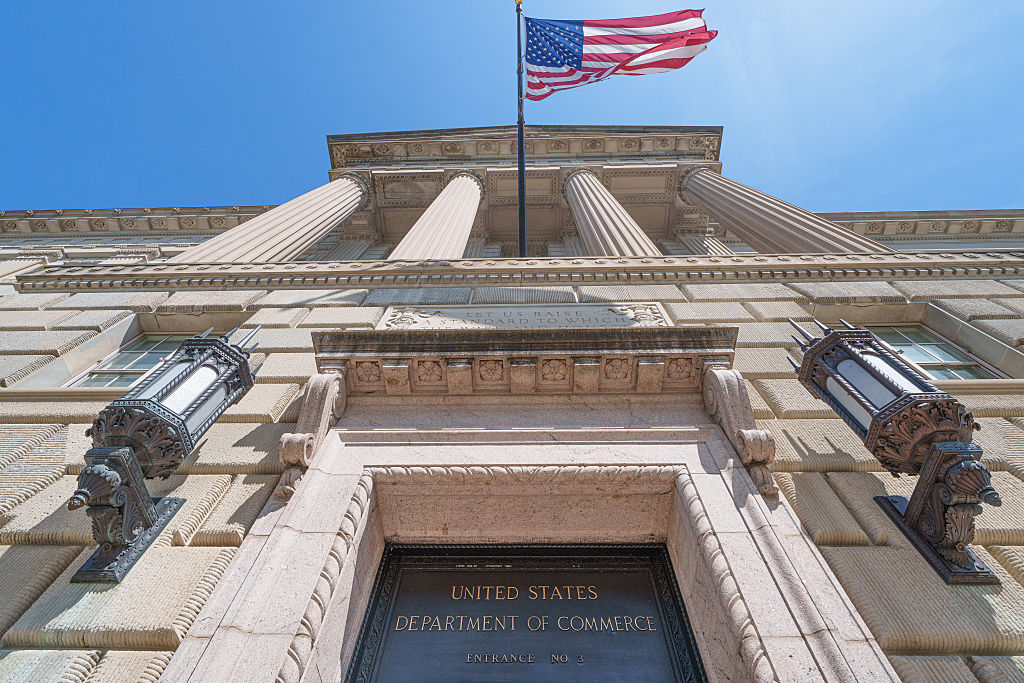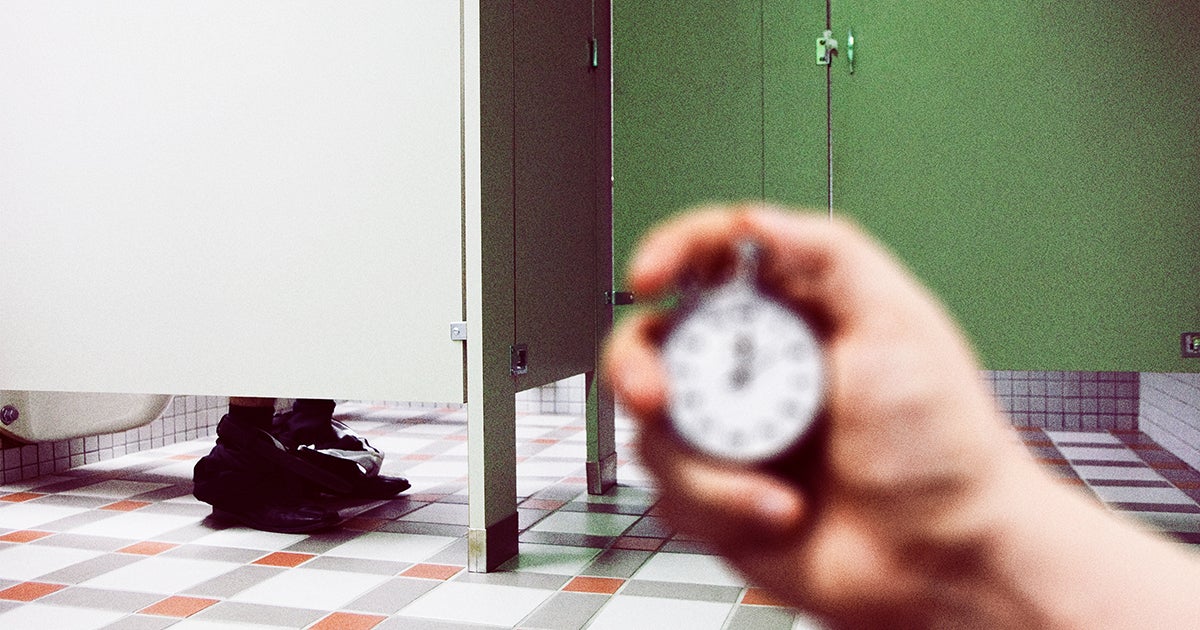
The United States Copyright Office has recently addressed growing concerns over the legality of using copyrighted material to train artificial intelligence (AI) models. In a development with wide-ranging implications for the tech industry, the office has indicated that the practice of using creative works, such as text and images produced by others, to train machine learning models may, in some cases, infringe upon copyright law.
Leading AI companies such as OpenAI and Meta rely heavily on massive datasets compiled from across the internet, much of which includes content protected by copyright. These datasets are integral to the performance of AI systems, enabling them to learn the patterns necessary for tasks such as language generation, image creation, and content summarization.
However, the U.S. Copyright Office suggests that this form of data usage might not always fall within the scope of fair use — a legal doctrine that allows limited use of copyrighted material without acquiring permission from the rights holders. This raises complex legal and ethical questions about the rights of content creators versus the data needs of AI systems.
The Copyright Office’s concerns add to a growing debate over how intellectual property laws apply to emerging technologies. Creators have increasingly voiced dissatisfaction with their work being used without consent or compensation. Lawsuits have already been filed against some AI companies, alleging misuse of intellectual property.
In light of these concerns, experts anticipate that government agencies may push for clearer regulations on how AI companies collect and use training data. Meanwhile, companies like OpenAI and Meta may need to reevaluate their data-gathering methods or seek licenses for certain datasets, potentially reshaping the AI development landscape.
This development underscores the urgency for a regulatory framework that balances innovation with respect for creators’ rights, as the integration of AI technology becomes more pervasive in society.
Source: https:// – Courtesy of the original publisher.








